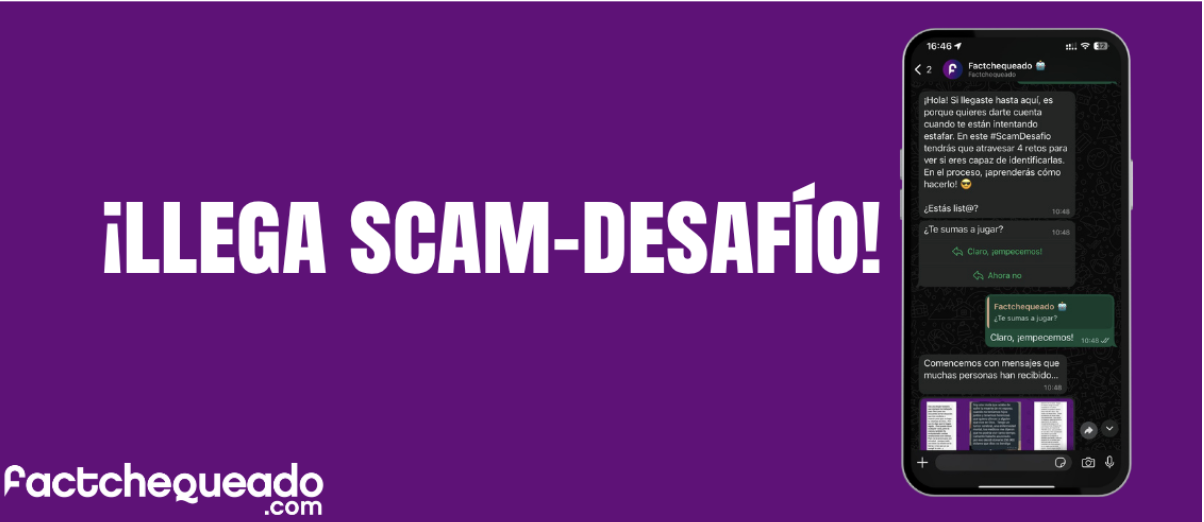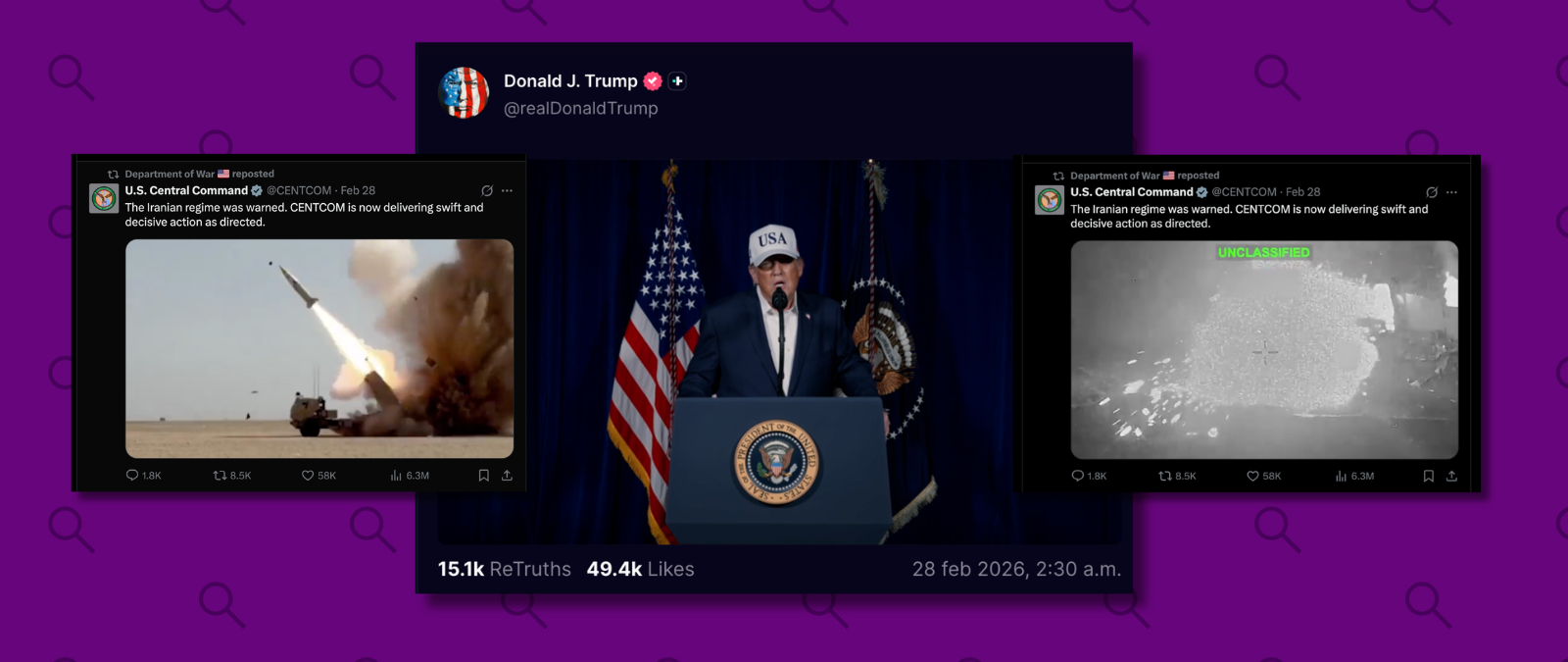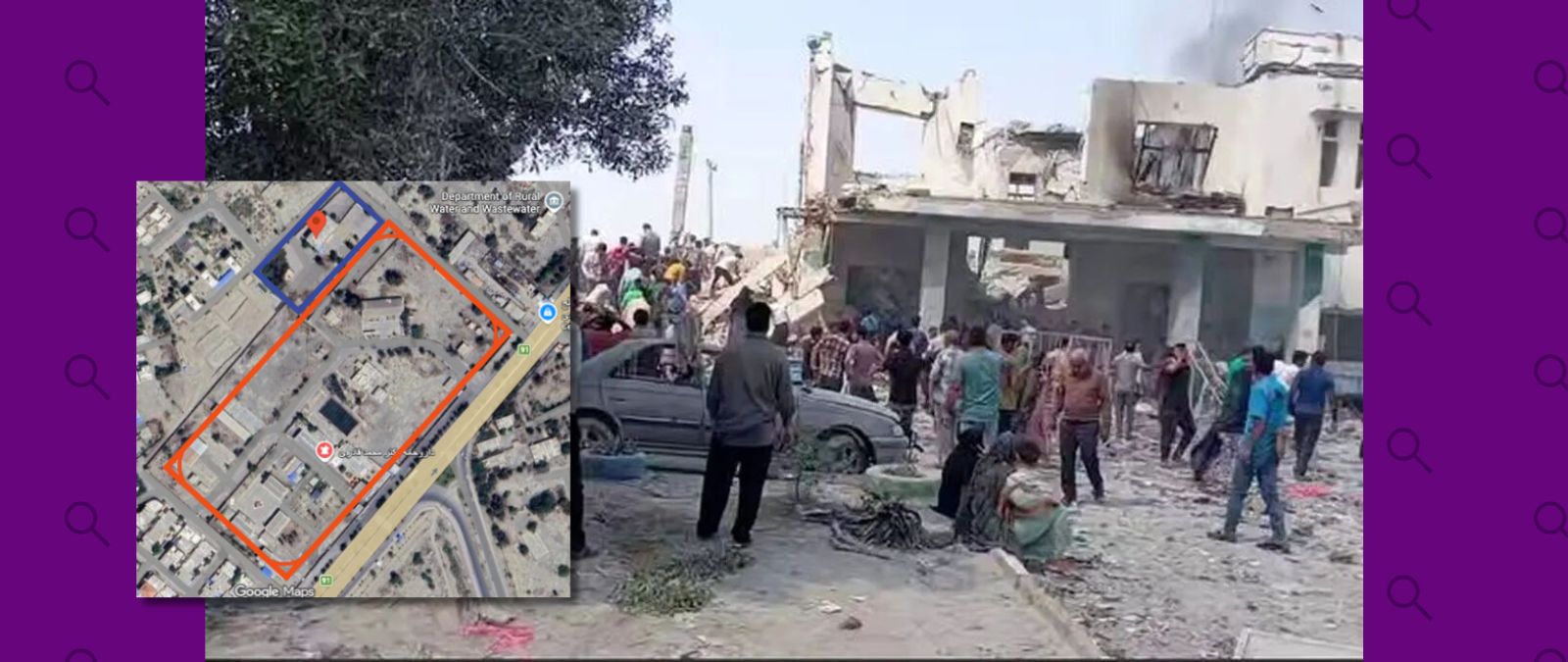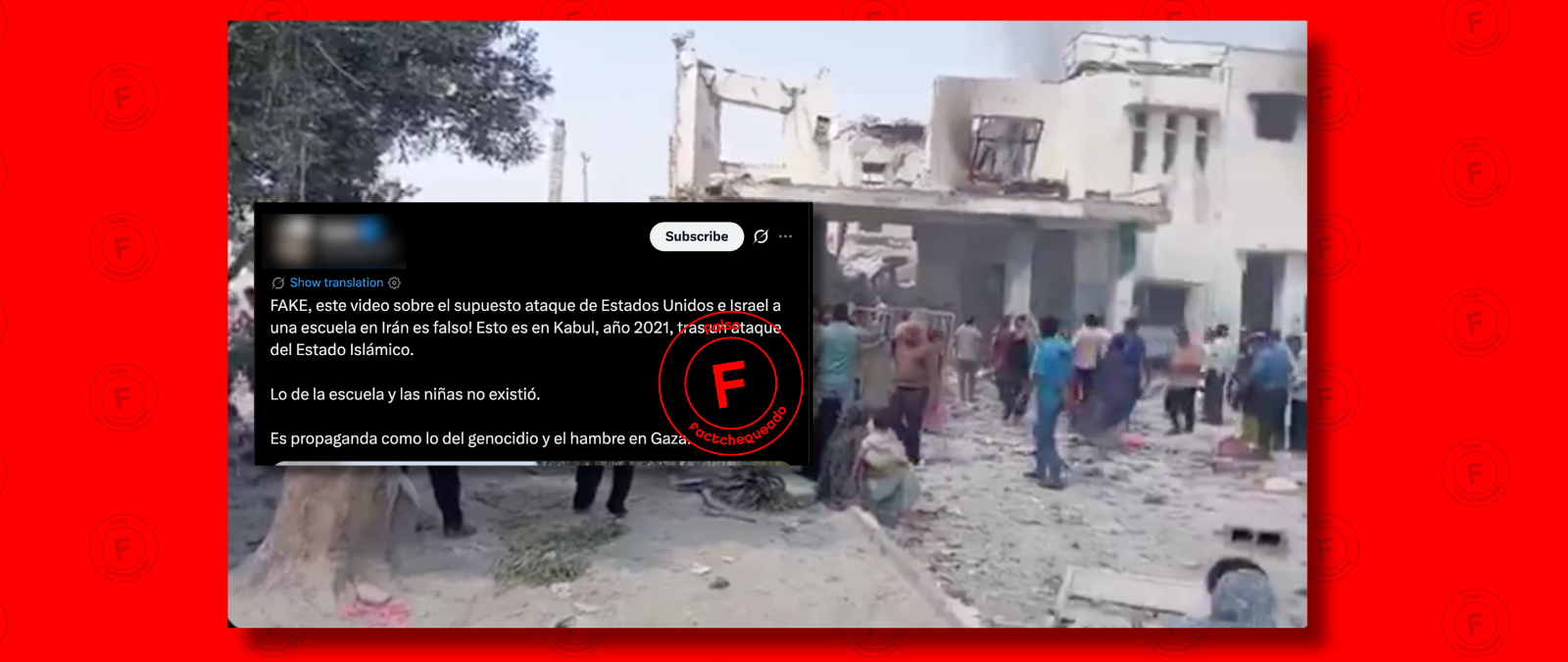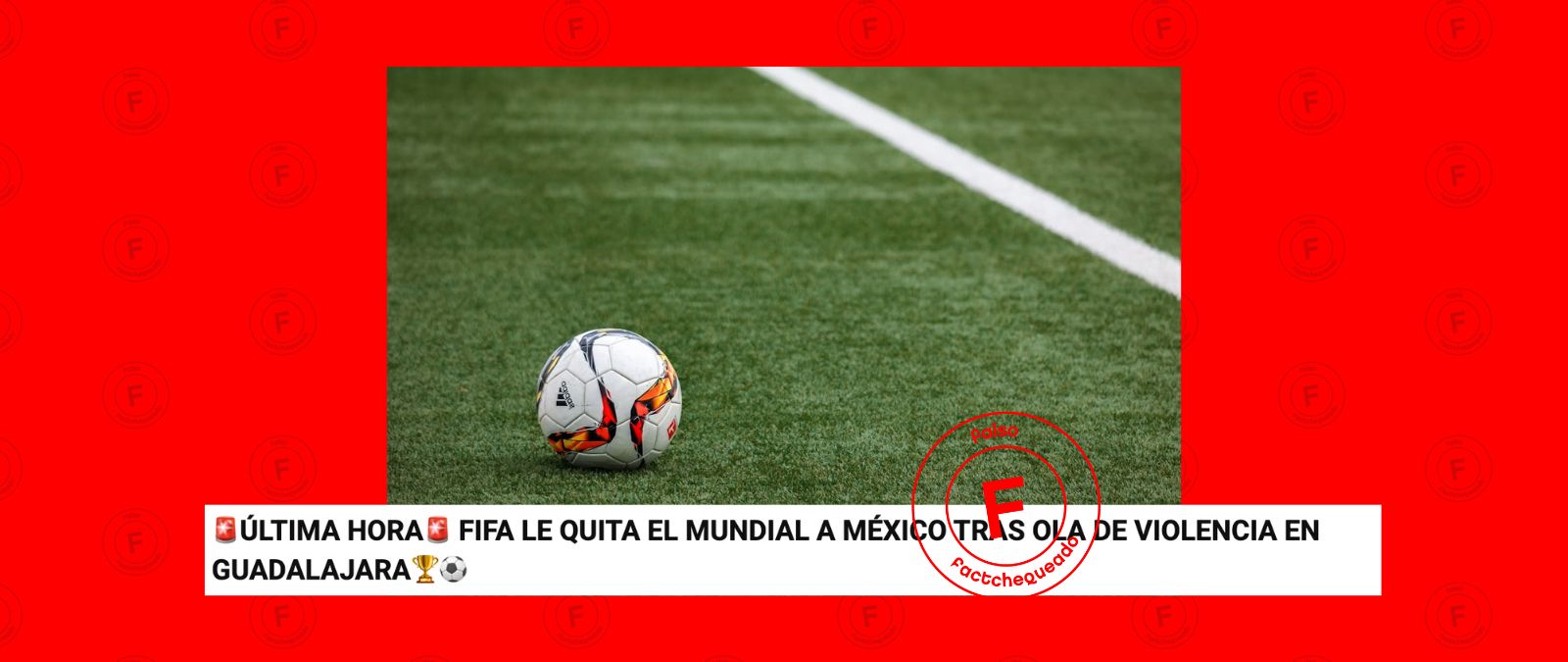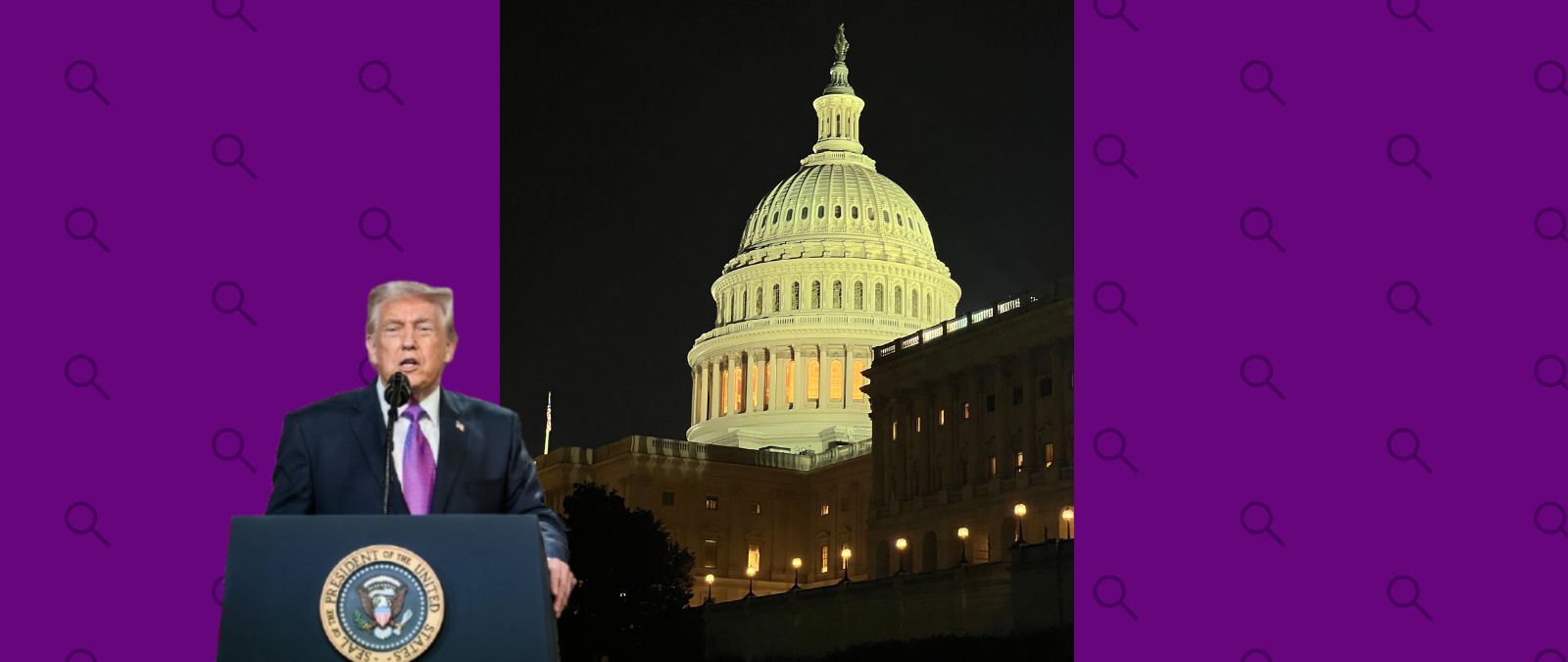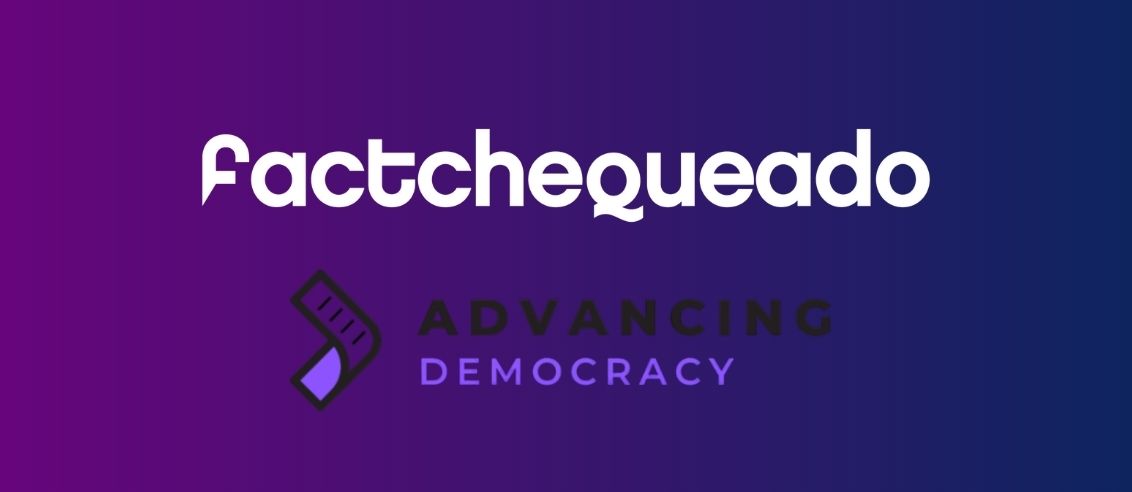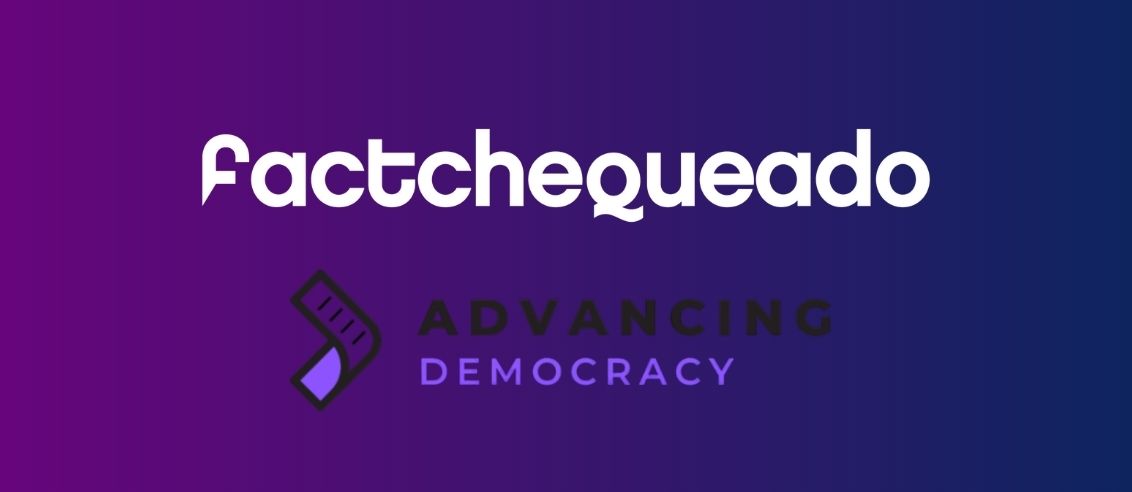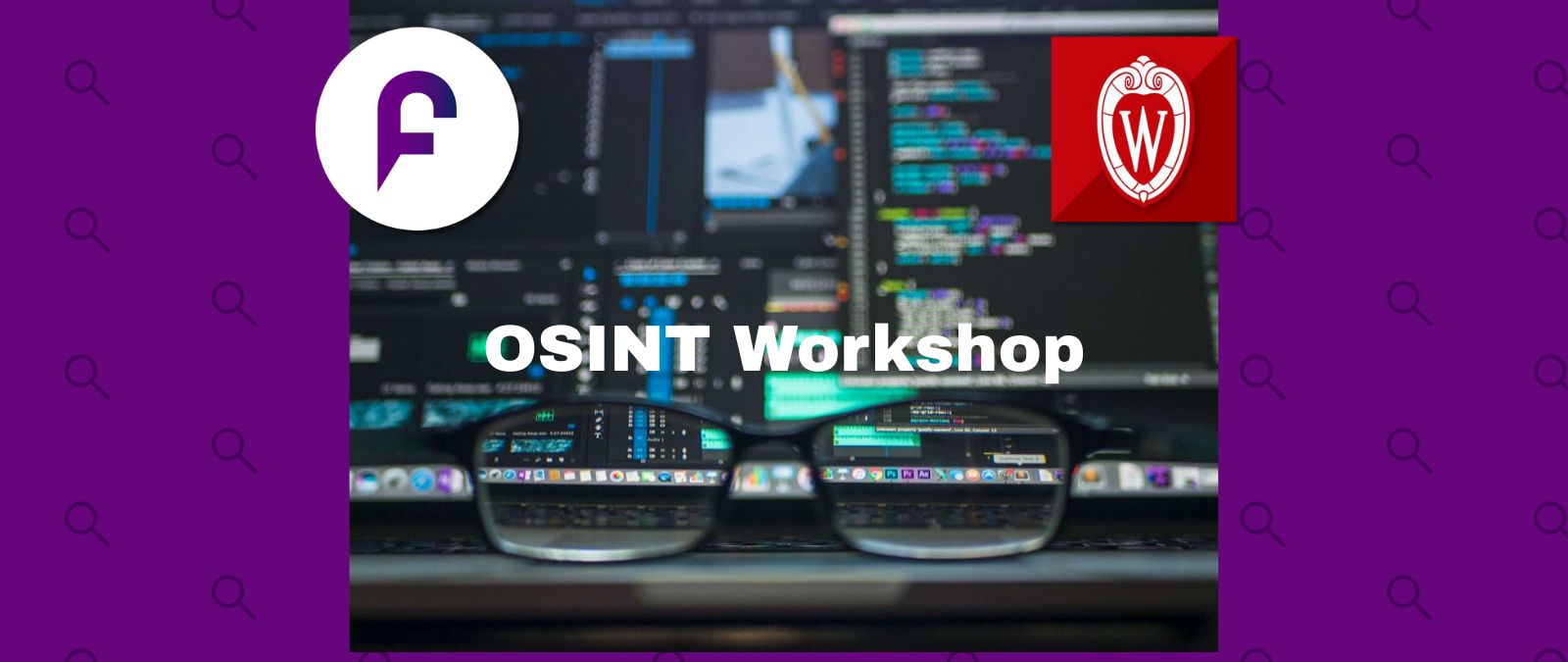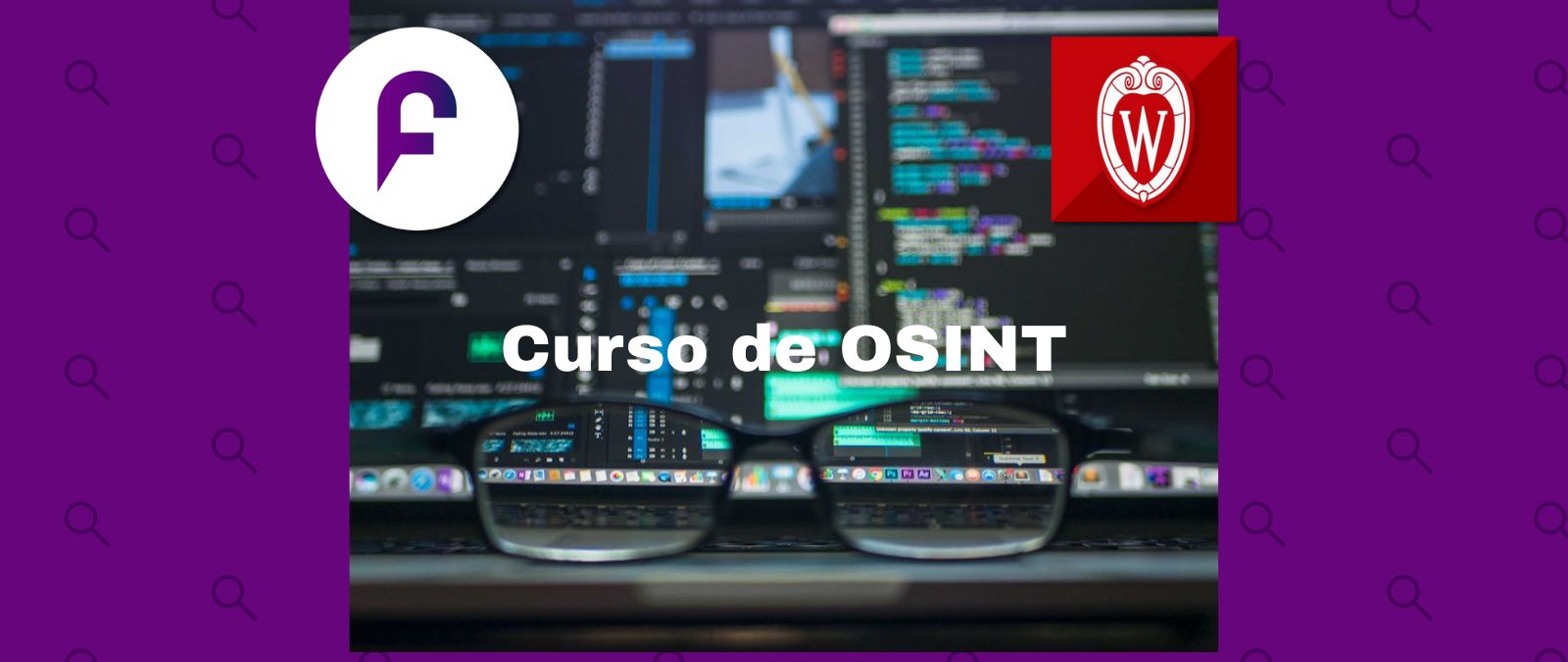In recent years, financial scams have grown at an alarming rate in the United States. According to the Federal Trade Commission (FTC), in 2024 alone, there were more than 2.6 million reports of fraud nationwide, resulting in $12.5 billion in losses. In Florida, Miami-Dade County, where over 70% of residents identify as Hispanic or Latino, recorded more than 160,000 fraud reports, the highest in the nation. Across Florida, reported losses exceeded $866 million in a single year.
Latino communities, and immigrants in particular, are among the most vulnerable to these scams. In many cases, they face language barriers, lack of digital literacy, or even fear of reporting due to their immigration status. To address this reality, Factchequeado presents Scam-Desafío: a free, interactive course in Spanish via WhatsApp that offers practical tools for identifying and avoiding online fraud.
Scam-Desafío is the second course in our Factchequeado Media Literacy series on WhatsApp. It complements the content of FactDesafío—our first interactive challenge that teaches how to identify and combat misinformation since 2024, which we have now revamped—and focuses on scams. Its goal is to empower our community in the face of an increasingly sophisticated problem, driven by misinformation and the use of generative artificial intelligence (AI) in new scams, ranging from fake voices to fabricated profiles for romantic relationships.
In the Scam-Desafío, participants must complete four challenges where they will learn to identify and avoid the most common types of fraud, such as fake fortune donations, fake migration processes, and phishing cases, such as fake job offers. The course is presented in a fast-paced, fun, brief, and accessible format.
The course takes place on WhatsApp, within the Factchequeado Chatbot. After clicking on the Scam-Desafío option in the menu, users will have to overcome four challenges in a multiple-choice question format, where they will learn ways to identify a scam, tips for avoiding them, and what to do if they are deceived. The challenges can be completed over several days or all at once, so that everyone can learn at their own pace and according to their availability.
“Every week we receive messages from people who are unsure whether what they have received is real or a scam. With the Scam-Desafío, we want our community to not only have the tools to defend themselves, but also the confidence to act safely in increasingly complex digital environments,” says Olivia Rivarola, Social Media and Product Manager at Factchequeado.
“We are very proud to present this new media and information literacy initiative, which responds to a clear need in our community. This course joins initiatives such as FactDesafío and ChatMigrante, with which Factchequeado reinforces its commitment to shield Hispanics living in the United States from misinformation and digital threats,” adds Laura Zommer, CEO of Factchequeado.
The course is free, in Spanish, and is now available on WhatsApp at +1 (646) 873-6087.
You can access it via this link: https://factchequeado.com/scamdesafio/.
If you are a victim of an immigration scam, the Federal Trade Commission (FTC) recommends reporting it in Spanish to the FTC by clicking here and contacting your local or state authorities.
💬 Frequently asked questions about the Scam-Desafío
1️⃣ What is the Scam-Desafío?
It is a free, interactive course in Spanish, available on WhatsApp, that teaches you how to recognize and avoid online scams. It is part of Factchequeado's Media Literacy Challenges series.
2️⃣ Why did we create this course?
The Scam-Desafío was created because scams have increased in the United States and disproportionately affect Latino communities.
In 2024 alone, more than 2.6 million reports of fraud were filed nationwide, resulting in losses of $12.5 billion. Miami-Dade County (where 70% of residents identify as Hispanic or Latino) had the most reports of fraud in the entire country, with more than 160,000 complaints.
Many of these scams reach people through WhatsApp, social media, or automated calls.
3️⃣ How does the course work?
Save the number +1 (646) 873-6087 in your cell phone contacts as “Factchequeado.”
Once saved, go to WhatsApp and type “hello.” When the options menu appears, select “Scam-Desafío.”
You will receive a message asking if you want to play at that moment. If you choose that option, you will begin to receive examples of images or documents that could be scams.
There are four challenges. You can do them all on the same day or one per day, whichever you prefer.
4️⃣ Do I need technical knowledge to take it?
No, anyone can take the course.
5️⃣ What will you learn in this course?
In the four challenges of this interactive course, you will learn to identify four types of scams: immigration scams, fake donation scams, fake job offers, and phishing. We explain how to avoid being scammed and where to report it if you have been.
6️⃣ Who developed Scam-Desafío?
The course was created by Factchequeado, a non-profit, non-partisan organization that reduces the gap in verified information in Spanish and fights against misinformation that affects Latino and Hispanic communities in the United States. The technical part of the course was developed using Botalite's technology platform.
7️⃣ How do I access Scam-Desafío?
It's very easy. Add our number to your WhatsApp +1 (646) 873 6087 or click here.
8️⃣ Is there a cost?
No. Scam-Desafío is 100% free and open to the entire community.
9️⃣ Do I have to share personal data to take the course?
No. Factchequeado will not ask you for any data, nor will it access your personal data when you take the course.
🔟 Does Scam-Desafío store my personal data?
No. Scam-Desafío does not store personal information or share data with third parties.


